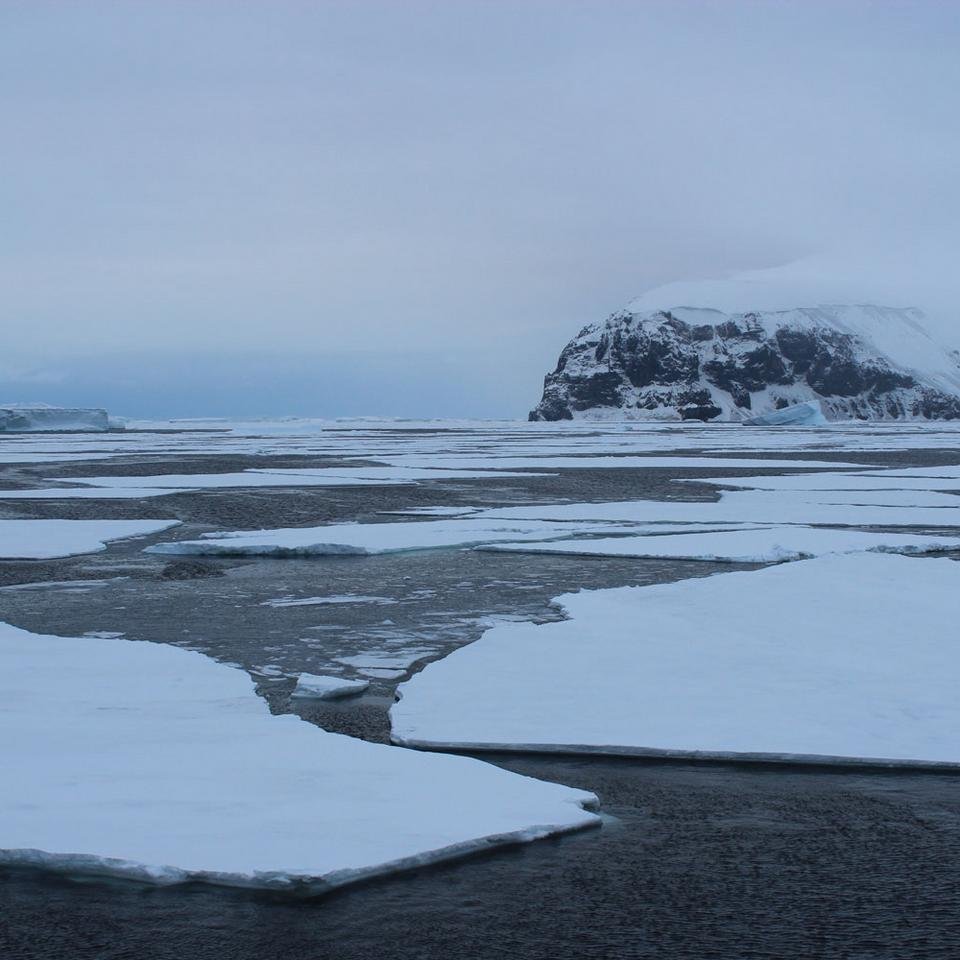Dragonfly’s Philipp Neubauer was part of an international team of scientists that researched how a nuclear war would affect the world’s marine environments. Their work was published today.
The team simulated the climate effects of nuclear wars in a global Earth system model. Several scenarios of India-Pakistan and US-Russia wars were simulated.
The report found that in all scenarios, firestorms would deliver soot to the upper atmosphere, block out the sun and cause global cooling. The sudden drop in light and ocean temperatures would kill marine algae, which is the foundation of the marine food web. This would essentially create a famine in the ocean and halt most fishing and aquaculture.
“The consequences for marine ecosystems and all life on Earth are drastic”, Philipp says. “While the primary impacts would be on plankton and other lower trophic level species through light limitation and temperature changes, the effects would flow on to higher predators.”
“We know that when the lower part of the food chain collapses, there’s nothing left for the rest of it. At the very least there’s substantial extinction risk if not many extinctions, because species all the way up the food chain wouldn’t get the food they need.”
In the month after nuclear detonation, the simulations found that average global temperatures would plunge by about 10 degrees Celsius – a larger temperature change than in the last Ice Age. The oceans would also cool rapidly with sea ice expanding into populated coastal areas and blocking major ports like Beijing’s Port of Tianjin, Copenhagen and St. Petersburg.
“Some parts of the ocean would be likely to stay in the new state for hundreds of years or longer. It’s a terrifying prospect.”
Philipp was invited to contribute to the research by lead author Cheryl Harrison, with whom he had collaborated in the past.
“It’s an excellent piece of work that details the extreme physical impacts of a nuclear war and highlights its absurdity. Oceans are the lifeblood of our planet, so it was good to provide some information about the wider ecological implications of nuclear war and be involved with such a topical and important study.”
Read the publication: The new ocean state after nuclear war.


